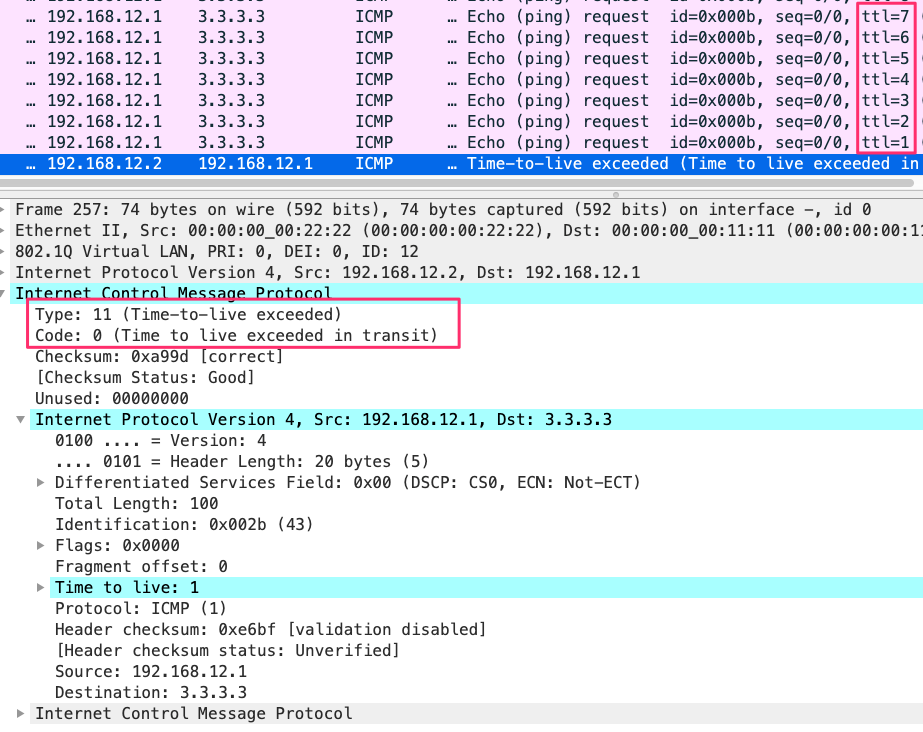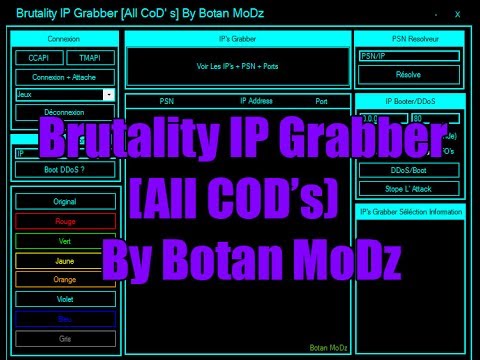


- HOW TO USE WIRESHARK TO GET IP MULKTIPLAYER GAMES WINDOWS 10
- HOW TO USE WIRESHARK TO GET IP MULKTIPLAYER GAMES WINDOWS 8.1
I don't think it's used for anything else at all, and the connections are super short-lived. The ones that I could see were:Ĥ7624 UDP & TCP: Used for initial port negotiation. For reference, I used a packet analyser to look at the ports that are actually used. I did some more research on how TCP/IP works.
HOW TO USE WIRESHARK TO GET IP MULKTIPLAYER GAMES WINDOWS 10
Also, GameRanger doesn't even work on Linux and Windows 10 (crashes the game on the former and displays a blank game screen with an hourglass on the latter), which is why the direct solution is way nicer.Īnd if you want "pics or it didn't happen", I actually streamed the network game, you can see it here: and for a 3-way match, and for a 2-way one.
HOW TO USE WIRESHARK TO GET IP MULKTIPLAYER GAMES WINDOWS 8.1
Hosting from Windows 8.1 or Windows 10 didn't work. I tested (and confirmed to be working) Linux and Windows XP as hosts and Linux, Windows XP, Windows 8.1 and Windows 10 as clients. Easy!įor troubleshooting/reproducibility purposes, note that UPnP might influence the host/client visibility reportedly it may be a bit broken, I tested with it disabled on both the host and clients. That means that you have to use either an old Windows version (perhaps in a virtual machine), or use Wine on Linux or OS X, which is fully capable of running the DirectPlay server (via the aforementioned winetricks command).Īnd that's it! In a nutshell: start hosting a game on one of the supported OSs via the TCP/IP option, forward ports, have client players forward their ports, and tell the host's external IP (from or such, not the internal one that HoMM3 shows) to the clients.

Since DirectPlay is deprecated, the actual hosting parts of it have been removed from recent Windows versions, as far as I can tell. If you also want to use the machine as a host, this is a bit more complicated. efault.htm ), every machine is able to serve at least as a client (is able to see and join hosted games). If this is performed correctly (the way to do it depends on your router this is a good reference, already with the needed ports preselected. Second, in order to have a network connection, not only does the host have to do port forwarding, but also the clients! The ports to forward are the same in both cases: Both TCP and UDP 47624 (doc says TCP is enough, but my testing shows UDP is being listened too), and both TCP and UDP 2300-2400. On Wine (Linux or OS X), this means running winetricks directplay. 10.205952/ (note that it is on by default already, so for the most part you don't need to do anything here).

On recent Windows (8.0, 8.1, 10), this is achieved by checking Legacy → DirectPlay in Windows Features, as seen here. First, both the host and clients have to have DirectPlay installed. A useful Microsoft document about it can still be found here: However, its support still survives to this day with varying degrees of functionality.ĭirectPlay relies on a server (dplaysvr.exe) that is game-agnostic and that creates a two-way link between the host and the clients. Since DirectX 8, DirectPlay has changed considerably, and since DirectX 9 it has been deprecated altogether. HoMM3 was made in the early days of DirectX (in 1999, DirectX 6 was the latest version), using its DirectPlay as middleware to set up network games. That's quite a feat, but turns out that it's pretty simple in the end, one just has to understand how the underlying technology works. Using no external tools whatsoever (yes, no bloody GameRanger, Hamachi, VPN, etc.!), via TCP/IP. Between three people, who were using Windows 8.1, Windows 10 and Linux. Sudo ifconfig enp2s0 inet 192.168.10.100 netmask I managed to set up a network play in vanilla HoMM3 Complete. I achieved static ips via these commands: Inet6 fe80::f64d:30ff:fe4c:e712/64 scope linkģ: docker0: mtu 1500 qdisc noqueue state DOWN group default As I said, I could ping the IP of the other device without any package loss.ġ: lo: mtu 65536 qdisc noqueue state UNKNOWN group default qlen 1000 Via ifconfig I assigned them the IPs 192.168.10.100 and 101, and tried joining the other one accordingly. There is no router involved, just a single LAN cable.


 0 kommentar(er)
0 kommentar(er)
